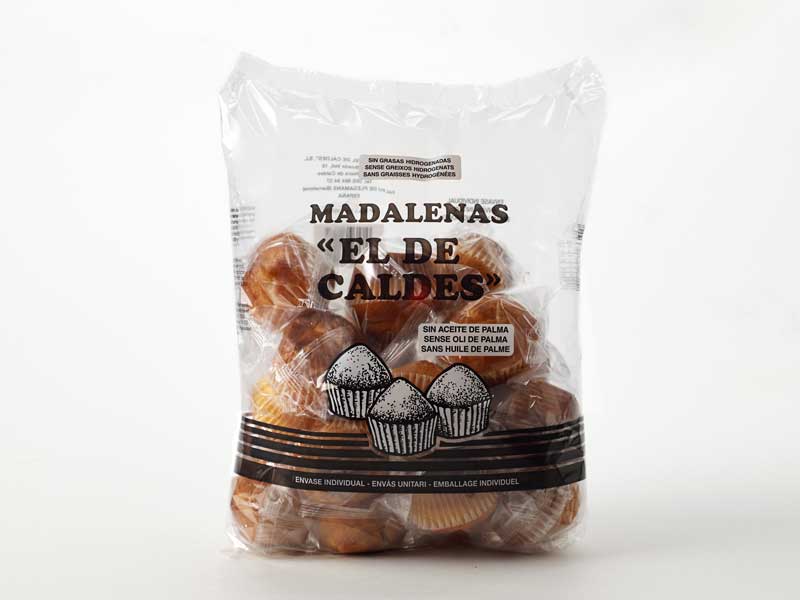Labeling food products with sunflower oil will ensure their prevalence on supermarket shelves. Sourcing sufficient quantities is essential to maintain industrial activity
Other oils used so far in the food industry, such as palm oil, are increasingly less accepted by consumers because they are considered unhealthy fats and because palm cultivation is promoting deforestation in the producing countries. They are also not exempt from discrediting campaigns for geopolitical and economic reasons.
Large distribution chains are beginning to withdraw products with palm oil and are replacing them with those made with imported sunflower oil. Thus, manufacturers who want to anticipate this trend to avoid being expelled from supermarket shelves now have the opportunity to change their packaged food recipes. Predictably, as the demand for imported sunflower oil increases, its price will rise.

Source of image: Productes El de Caldes
Main Uses of Imported Sunflower Oil
Among seed oils, the most popular is sunflower oil, highly valued by users and nutritionists. Other types of vegetable oils, some of them made from seeds, include:
- Soybean oil
- Corn germ oil
- Refined grape seed oil
- Walnut oil
- Wheat germ oil
- Rapeseed oil
- Sesame oil
- Cottonseed oil
According to data from the National Association of Edible Oil Packers and Refiners (ANIERAC), sunflower oil already accounts for more than a third of the total oil consumed in Spain. It is also one of the most consumed at the European level. Many people prefer sunflower oil because, like palm oil, its smell and taste are not as strong as other types of oil.
Another advantage of imported sunflower oil, as long as it comes from high oleic acid seeds, is its resistance to high temperatures, very similar to olive oil, making it more stable and easier to reuse. Compared to palm oil, the yield per volume represents a significant change in mindset in food company management.
The supply of imported sunflower oil, despite its enormous advantages, requires larger quantities and more frequent restocking than palm oil. It therefore creates a just-in-time supply problem to maintain industrial activity under the same conditions. In return, the finished products are almost indistinguishable from those produced with palm oil, maintaining similar expiration levels, and they cater to the new consumer preferences.
A good advertising campaign or the relabeling of food products can provide the company with a prime spot on supermarket shelves.
In addition to its use in the food industry, sunflower oil has industrial applications, such as in the manufacture of soaps and detergents. Its industrial applications are expected to become widespread for the production of paints and varnishes as a substitute for linoleic oil and for the production of agrochemicals, surfactants, adhesives, plastics, softeners, and lubricants, not to mention its potential as an alternative fuel for diesel engines.
Sales Conditions for Imported Sunflower Oil
Sunflower, originating from North America, was introduced to Europe through Spain and spread to Russia, where it quickly adapted. This country, along with Ukraine, is one of the main European producers. In Asia, the largest exporters of sunflower oil are India and Thailand. The imported sunflower oil managed by Bull Importer comes mainly from these four countries.
Our selected producers have the certification required by the European Union. Safety, traceability, and quality controls ensure that it is a product with all guarantees according to the Food Safety Law.
Prices and conditions for imported sunflower oil vary depending on the availability at each moment and the conditions of each country. Indicatively, the prices and minimum quantities for importing sunflower oil as of today are as follows:
Ukraine
- Minimum order (MOQ): 25 tons
- Price for 300 tons: 897.5 USD/TN FCA
Russia
- Minimum order (MOQ): 25 tons
- Price for 25 tons: 1207.5 USD/TN FCA
Thailand
- Minimum order (MOQ): 100 tons
- Price for 100 tons: 1081.5 USD/TN CFR
India
- Minimum order (MOQ): 100 tons
- Price for 100 tons, 1375.5 FOB


